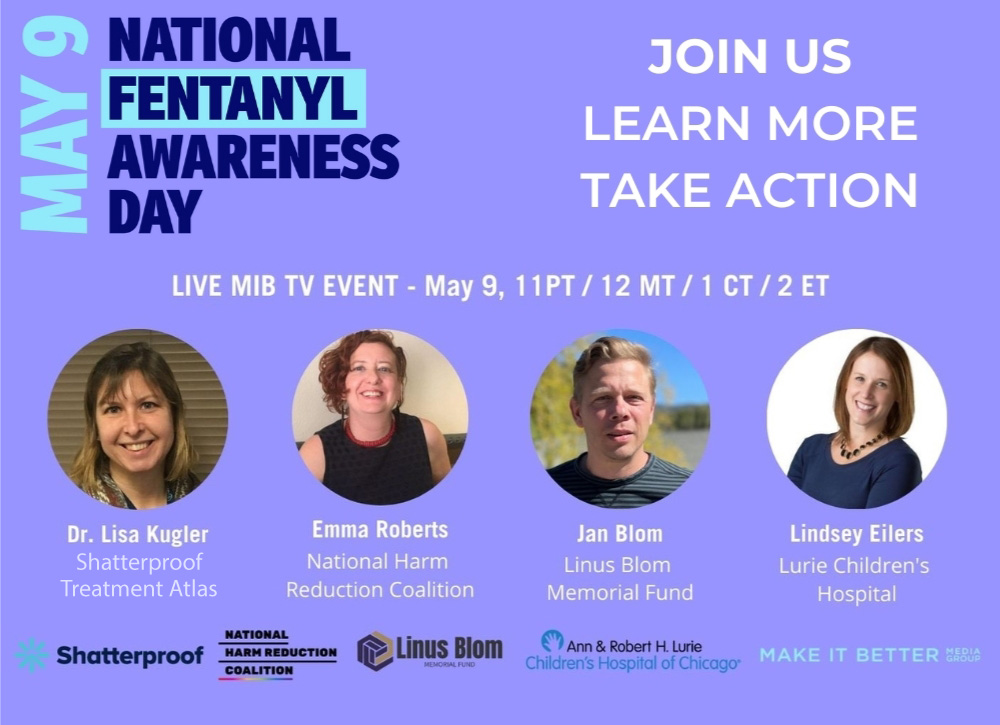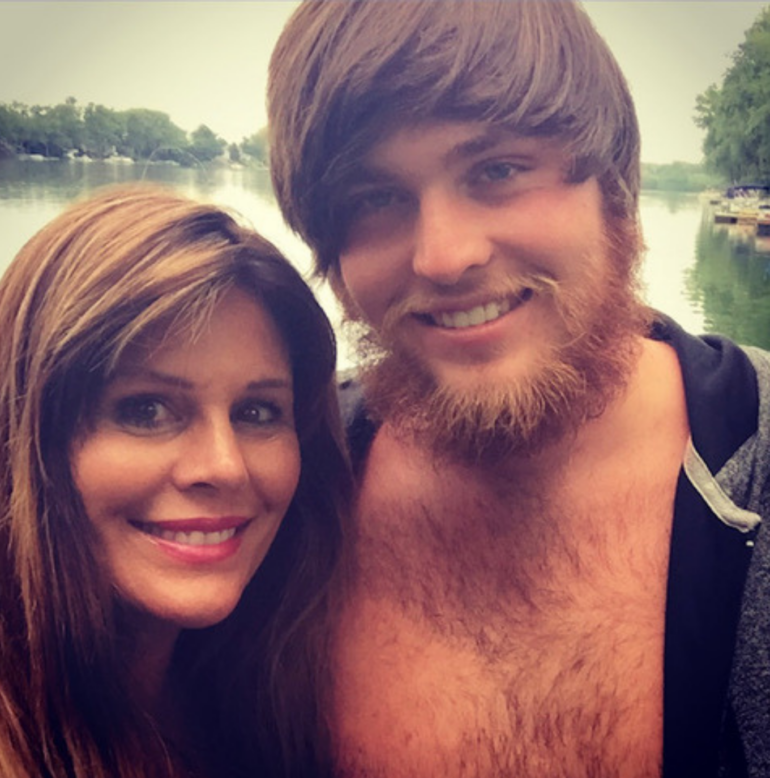My youngest son Charlie had only been 27 for two weeks when his body was found dead in a Sacramento hotel room in July 2022. He died from fentanyl poisoning. Charlie always told me he was too smart to do a bad drug.
I asked the Sacramento Police Department for help in getting my son’s phone unlocked and for access to the video cameras at the entrance of the hotel. We’d find answers to who was with Charlie or who gave him the drugs. I was told that they were too busy with other cases but if I found anything, they would reopen his case. To them, Charlie was just another one of the 150 daily opioid related overdoses in the U.S. He was just a statistic.
Right now, fentanyl and other opioids are the leading cause of death in the U.S. for adults ages 18-45. That’s a plane crash a day of our sons, daughters, brothers, sisters, mothers and fathers.
Fentanyl is 50 times more powerful than heroin and it’s cheaper to produce than other drugs. That’s why it’s being mixed with substances like heroin, cocaine, ecstasy, ketamine and Xanax. Chances are if you are buying an illegal drug in the U.S., it is laced with fentanyl because someone selling it can make a bigger profit.
My son dying alone in a California hotel room was not my dream for his life — and it wasn’t his either. When people ask me what he died from, telling you it was an overdose doesn’t feel like the truth because parts of Charlie started dying a long time ago of disappointment, disillusionment and betrayal. If you’ve experienced physical, emotional and mental trauma like Charlie did, it makes it harder to recover so you reach for a drug or a bottle.
Everyone experiences trauma, but not everyone has the resilience or support needed to recover from it. As a teenager, Charlie first found relief in weed and alcohol. He was also prescribed Adderall to help him focus in school. I fought against giving any medication but eventually Charlie asked to take it. He called it his legal drug. He was too smart to do any drugs, until pressure was put on him — and us as parents — to fix him. But those weren’t his gateway drugs.
The gateway was the impact of our divorce early in his childhood. The gateway was when the soul of the family was broken. The gateway was abuse against his body and the silence that comes after. The gateway was a traumatic brain injury when he was 16. The gateway was all the things we don’t encourage our children to talk about, so they bring a drug to their lips instead of the truth.
At his lowest moments, Charlie’s unhealed trauma turned into a mental health crisis that spun out of control and pushed away friends and family. He couldn’t help himself — fight or flight is a natural response to trauma. In 10 years and through some very dark moments, Charlie used drugs to bring his body and spirit back into balance. When no one wanted to listen, he saved himself over and over again.
View this post on Instagram
In the last few months of his life, Charlie wrote and spoke to me often about what happened to him that caused him to disconnect. He was trying so hard to free himself from the pain, live in the present and plan for the future. A future with his young daughters. A future with family. There were also concerns about his choice to heal alone in a hotel room. Animals can retreat and lick their wounds until they are better. Humans need connection. We heal in community.
I’m hanging on. I am praying. I just need a hug and I need you to listen to me
about what makes me feel like I have to escape the pain. I need you to hear
my stories of abuse. I need you to know I got taken advantage of and
beaten and broken. I’m still here.
– Charlie Griswold, 77 days before he died
We need a trauma-informed society and trauma-informed families. As he was growing up, I constantly was told what was wrong with Charlie. No one ever asked me what happened to him. More importantly, from a young age, Charlie was told what was wrong with him. No one asked him what happened. We blame the person instead of looking at what may have caused their pain or behavior. We ignore the parts of them that need attention.
We all need connection. It’s easy on the good days, the challenge is to stay present with ourselves and loved ones on the hard days. Charlie needed us to show up for tough conversations and then get back to love. He needed a hug. He needed kindness. He needed to remember that he mattered, even when he was at his worst, because he was so much more than that moment.
A drug like Naloxone could have saved Charlie if he was found in time, but what are the things we can do for our loved ones to save them long before they choose to take a drug that could cause an overdose? We can’t afford to keep losing loved ones. We can afford to learn and listen.
Here are some valuable resources on healing, compassion and understanding trauma:
- “My Grandmother’s Hands” by Resmaa Mankem
- “What Happened to You?” by Bruce D. Perry and Oprah Winfrey
- “The Ancestors’ Garden” by Sandra Sam White
- “The Myth of Normal” by Dr. Gabor Mate
Learn more and take action:
Please join us on May 9, National Fentanyl Awareness Day, for a special virtual event hosted by Better: Fighting Fentanyl: Advice from Grieving Parents and Healthcare Experts on What Parents Need to Know and How to Help. In recognition of National Fentanyl Awareness Day, our panel of healthcare experts, grieving parents and nonprofits share expert advice on what parents need to know and how to help by supporting organizations committed to preventing tragedy at the hands of fentanyl.

More from Better:
- National Fentanyl Awareness Day: A Lament and Request For Help On Behalf Of Charlie, Linus and Too Many Other Lost Children
- 10 Top Eco-Warriors Fighting Climate Change and Promoting Sustainability – 2023
- The Power of Art to Prevent Gun Violence: Artist Bonnie Lautenberg Launches National Fundraising Effort with Former Congresswoman Gabby Giffords
- 2023 Philanthropy Award Winners: 3 Organizations Making the Greatest Impact in Violence Interruption and Prevention in Chicago

Betsy B. Murphy is a writer and performer. Her solo show “The Road Trip Home” is her search for answers and acceptance after the overdose death of her youngest son Charlie in July 2022. More details on her books and solo shows on her website.

